Order management trends have changed a lot in recent years. In this article, we are going to discuss five trends that are at play today in the salesforce commerce cloud. They're still playing out, so keep your views up to date and make the best of these changes by positioning your company for growth.
The configuration, pricing, and quote software is an innovation in sales tools. It makes it easy to implement new technology when it comes to your business. Companies use CRM to help generate quotes and integrate the process with Salesforce CPQ applications. In this article, we will discuss 5 order management trends that are here to stay.
1.Digital and physical lines are blurred
Urban grocers are expanding their click-and-collect offerings. They allow shoppers to order online and pick up their food items in person at the nearest store. Curbside pickup simplifies the last-mile fulfillment burden for brands that rely on carriers such as FedEx, USPS, UPS, and other carriers.
Salesforce Marketing Cloud provides top-notch B2C functionality for brands and retailers. Consumer brands and retailers are finding AI writing assistants to be very effective. More than just time-saving, they offer high-quality content of the highest quality.
2. Order management systems must be constructed to scale
Salesforce Commerce Cloud is designed to handle an increased workload and a large number of users, making it ideal for businesses. The platform scales silently for users when demand for their services increases. No human intervention is necessary or needed.
When the news of the pandemic first broke, consumers panicked-bought items as well as cleaning supplies, and businesses scrambled to keep up. This revenue model through the salesforce commerce cloud is most attractive to high-volume, low-margin organizations in industries with a lot of product profit that can be brought in. This commercial model is not as appealing to retailers or B2B businesses that rely on high ticket sales through higher margins and lower volumes.
3.Transparency around lags is critical
If you find Salesforce Commerce Cloud a compelling proposition, the website is already set up for you with your upcoming plan for adopting the platform and includes pre-planned steps. You'll be happy with these 3 salesforce CPQ solutions! To focus on the features, functions, and metrics of your cloud solution, it's beneficial to bring them on onboard.
Disruptions in the 3 salesforce CPQ supply chain can cause delays and disruption in customer satisfaction. Salesforce commerce cloud platforms generate attention and awareness for marketing purposes, engaging with customers on a two-way level.
4. Self-service return options can gentle a bumpy process
Salesforce commerce cloud is a cloud-based service that offers CRM and marketing software. Users can integrate their solution into the Salesforce commerce cloud family to enhance their customer experience without additional development costs, which would have been unavailable if they had built it themselves.
B2B Buyers ordering products online expect to have the opportunity to self-serve when it comes to returns. Companies need a way to host an easy return policy. Users can search, connect and keep information from different sources and devices under one salesforce marketing cloud platform.
They can refine that understanding collaboratively to create a unified vision for their customers. There are also features for capturing, activating, and observing first-, second-, and third-party data.
5. Post-purchase expectations have been modified
There are many new features in the background of the Salesforce Marketing Cloud. These changes often appear without needing any technical intervention from the administrator. Organizations are seeing a huge influx of digital buyers, and the trend is expected to continue shortly. Online shopping is an increasingly popular option for consumers, and online transactions are expected to make up 50% of all transactions by 2021 as more people enter this digital world.
Salesforce Marketing Cloud Platform allows companies to automate much of the sales process, improve overall customer service levels, and offer a personalized experience.
Unlike other cloud service providers, Salesforce Commerce Cloud offers services for both B2B and B2C audiences. It eliminates the need to figure out how to accommodate two different types of businesses with two separate sets of APIs and web services.









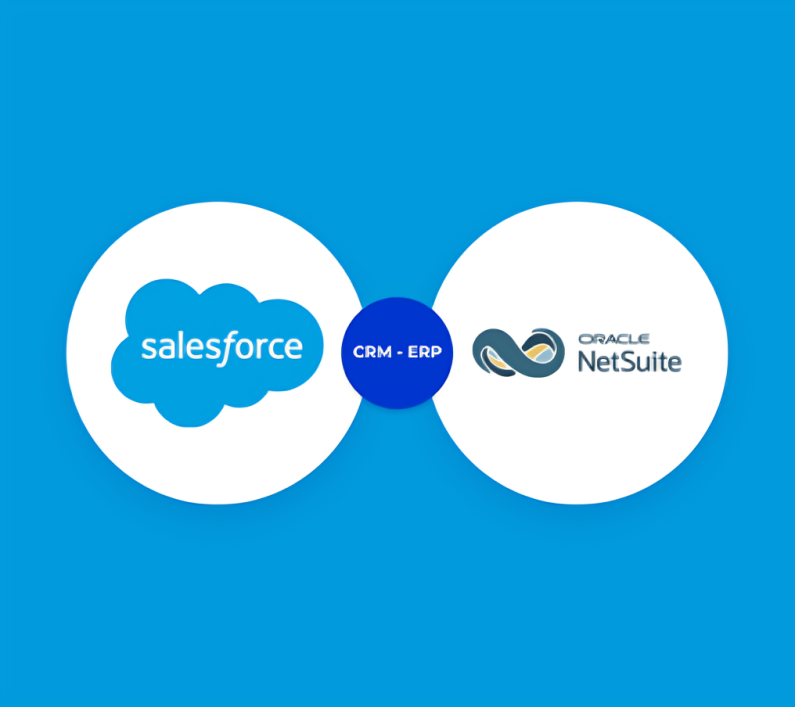






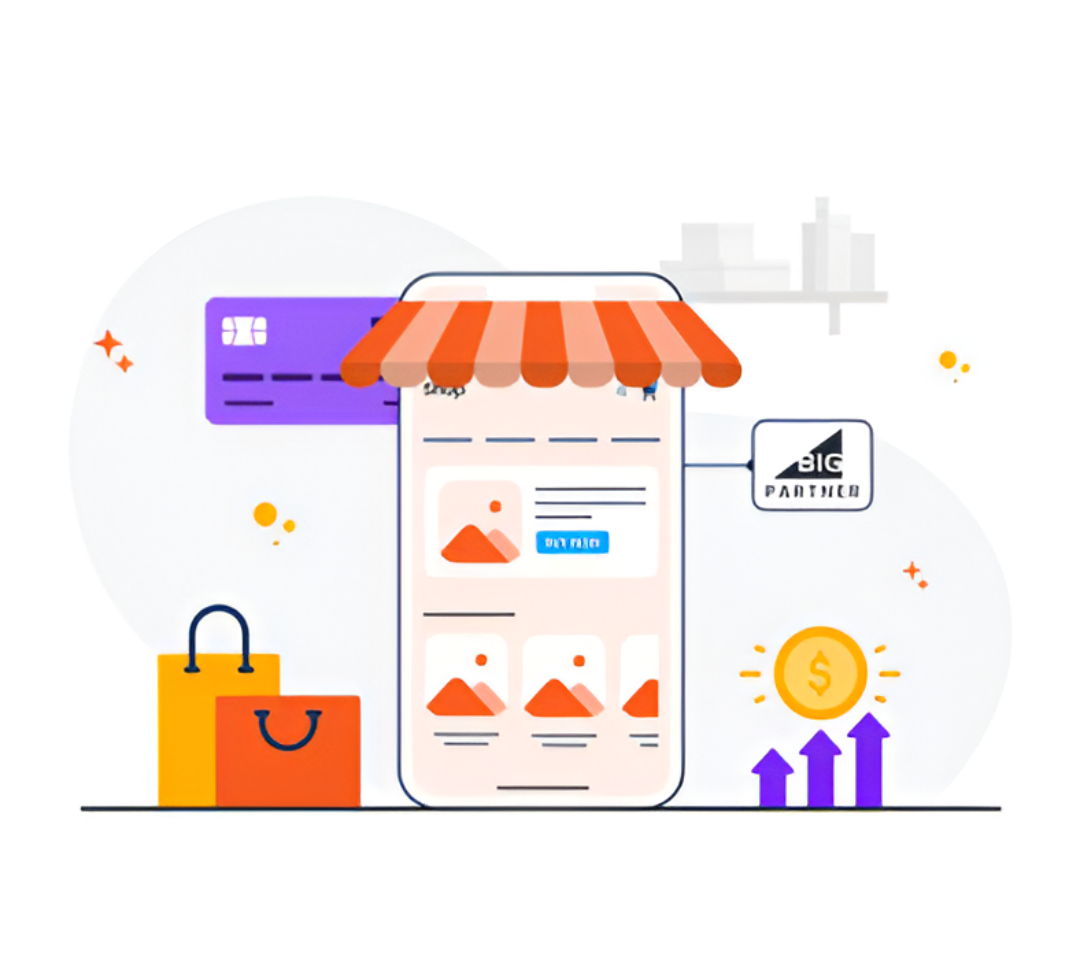
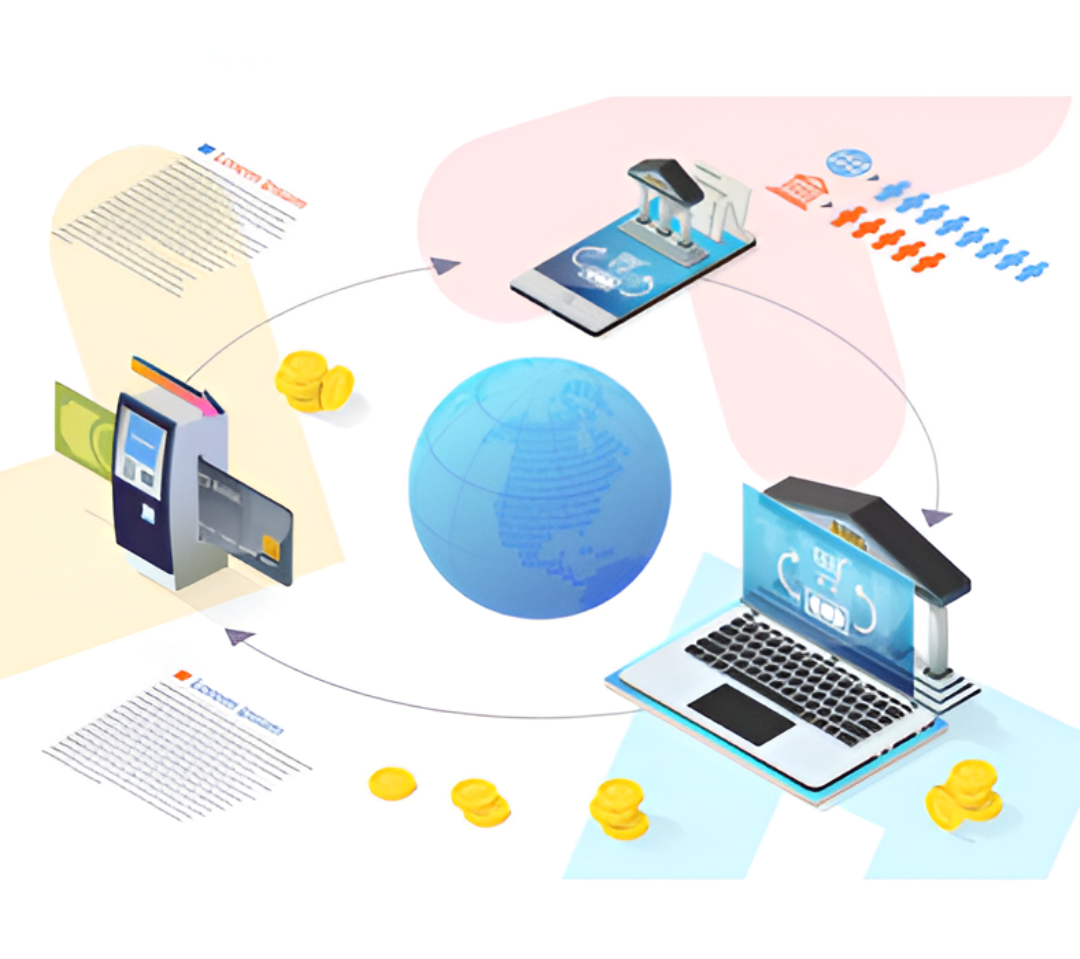









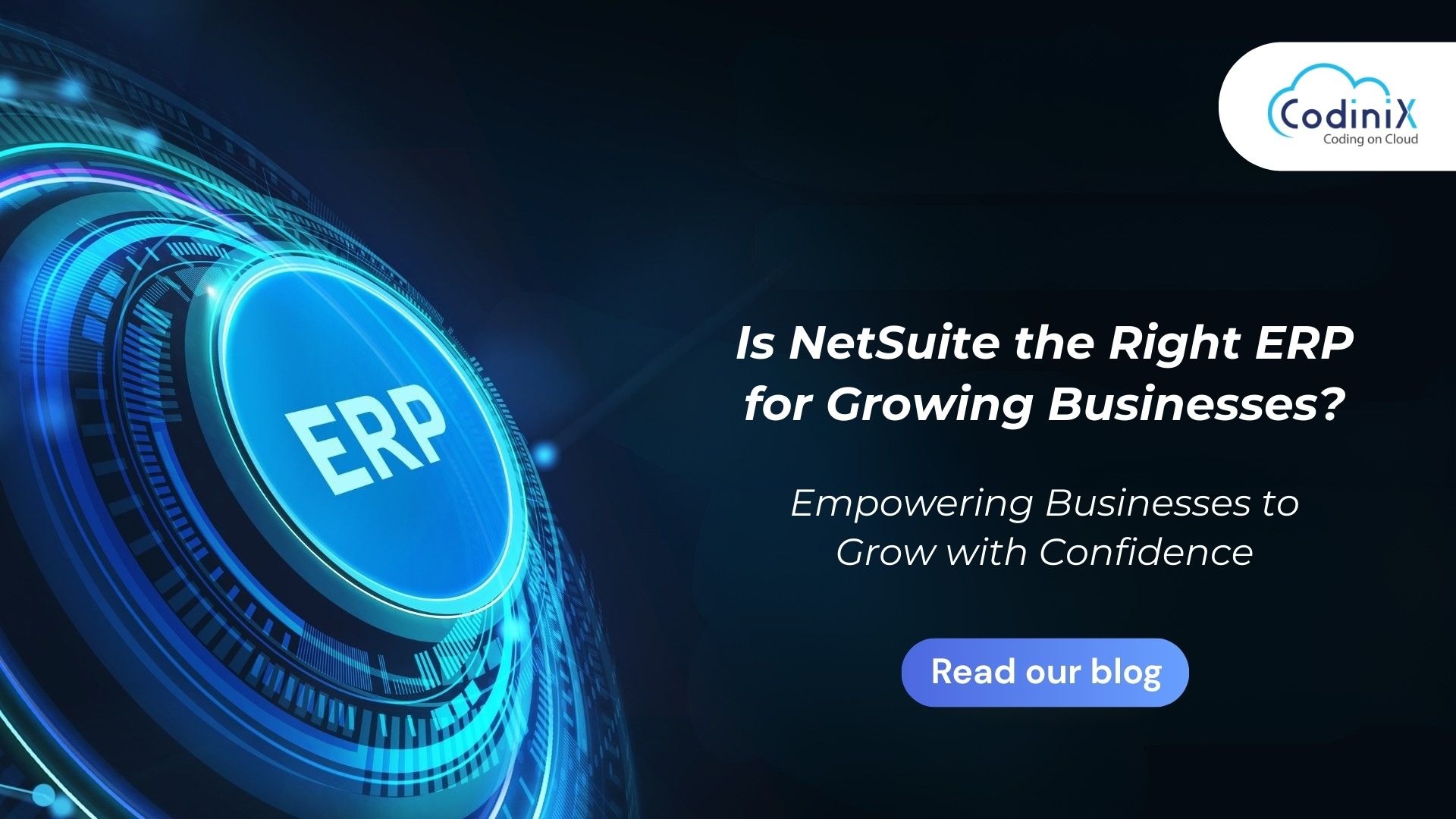


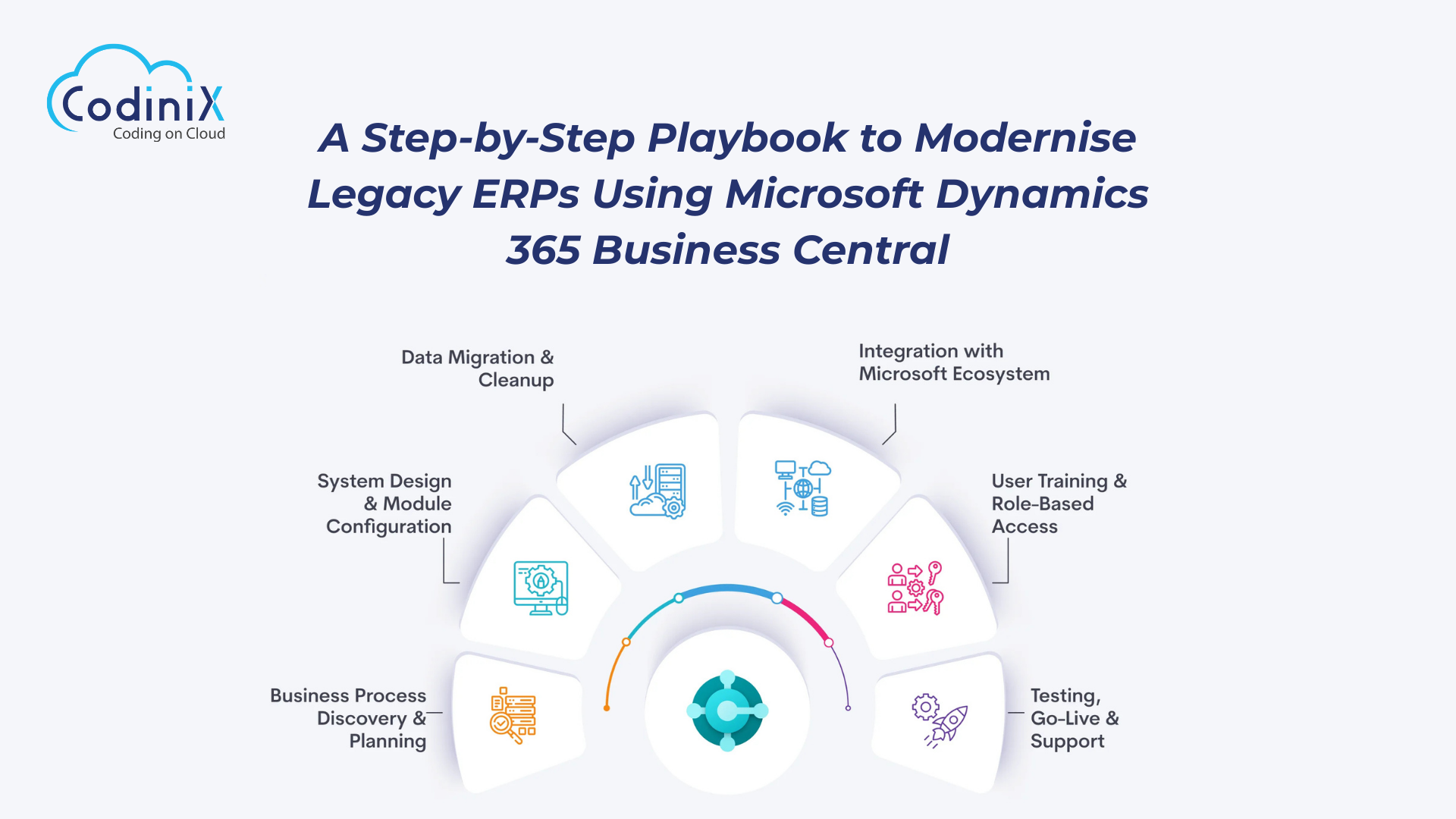

Leave Your Thoughts!!